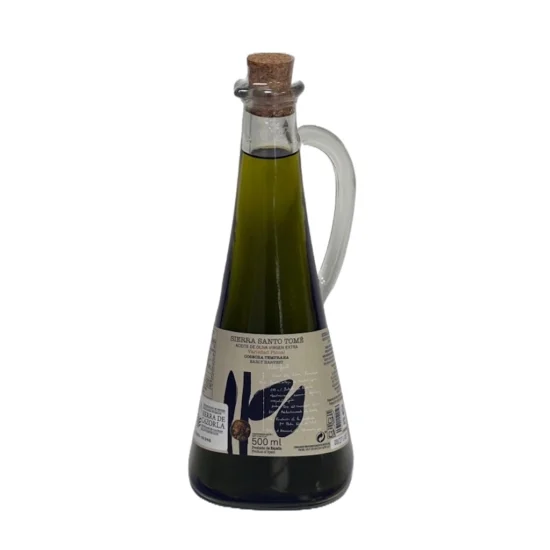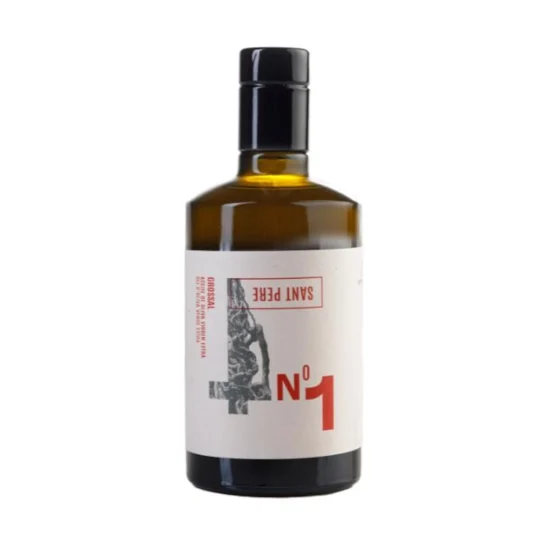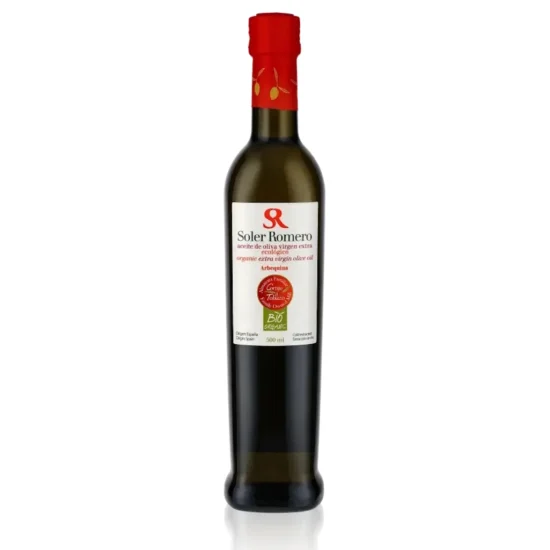
Not all edible oils are created equal; some help protect the heart, while others can raise blood pressure and cholesterol. For people with hypertension, it is crucial to prioritize the use of oils that offer cardiovascular benefits. According to a report by Báo Thanh niên (October 31, 2025) and references to Verywell Health (USA), the following three oils are the most recommended:
Extra Virgin Olive Oil is a cornerstone of the Mediterranean diet, which has consistently been shown to reduce blood pressure and the risk of heart disease. This oil is exceptionally rich in oleic acid and polyphenols.
Polyphenols act as powerful antioxidants, helping to inhibit inflammation and protect the endothelial cells that line blood vessels. A study published in the journal Nutrients revealed that daily consumption of 60 ml of extra virgin olive oil reduced systolic blood pressure by an average of 2.5 mmHg. This effect is attributed to the fact that polyphenols enhance the production of nitric oxide, a compound that causes blood vessels to dilate and, therefore, improves circulation. To preserve its nutritional content, it is recommended not to cook olive oil at temperatures above 190–210 °C, depending on its purity.
Hypertension, or high blood pressure, is often called the “silent killer” because it damages the cardiovascular system without obvious symptoms. While many factors contribute to heart health, the Mediterranean diet has consistently demonstrated a profound ability to lower blood pressure. This effect is not magic; it is the result of specific bioactive compounds working in synergy within our arteries.
The primary component of olive oil is oleic acid, a monounsaturated fatty acid (MUFA) that makes up about 70–80% of its content. Unlike saturated fats, which can make cell membranes rigid, oleic acid incorporates into the lipid bilayer of cell membranes. This increases membrane fluidity, which facilitates better signaling for receptors that regulate blood pressure. By improving the “suppleness” of the blood vessel walls, oleic acid helps the heart pump blood with less resistance.
While the fats are important, the real power lies in the minor components: polyphenols, specifically oleuropein and oleocanthal. These compounds act as potent antioxidants and signaling molecules that tackle hypertension through two main pathways:
Reducing Oxidative Stress and Inflammation
Chronic inflammation and oxidative stress damage the endothelium, leading to atherosclerosis and stiffer arteries. The high vitamin E content and phenolic compounds in EVOO neutralize free radicals. This prevents the oxidation of LDL cholesterol—a process that otherwise leads to plaque buildup and narrowed, high-pressure arterial “pipes.”
Incorporating two to four tablespoons of high-quality Extra Virgin Olive Oil into your daily diet provides a continuous supply of these protective compounds. By relaxing blood vessels, improving cell membrane function, and reducing systemic inflammation, olive oil acts as a powerful, natural tool in the long-term management of hypertension.
Rapeseed oil is characterized by its healthy lipid profile, as it contains approximately 60% monounsaturated fatty acids and 10% alpha-linolenic acid (ALA), a type of plant-based Omega-3.
This balanced composition gives the oil the ability to reduce inflammation, improve insulin sensitivity, and maintain stable blood pressure. Replacing saturated fats (such as animal fats) with rapeseed oil is an effective strategy for regulating blood pressure. Furthermore, its favorable Omega-6 to Omega-3 fatty acid ratio helps maintain the elasticity of blood vessels and minimizes the risk of arteriosclerosis.
With a smoke point of around 200°C, rapeseed oil is a versatile and ideal choice for light stir-fries, sautes, and baked dishes.
Flaxseed oil is considered one of the most concentrated plant-based sources of Omega-3 fatty acids (ALA). It is scientifically proven that ALA reduces inflammation and promotes blood vessel dilation.
Specifically, the ALA present in this oil reduces the activity of the sympathetic nervous system, optimizes endothelial function, and limits the synthesis of molecules that tend to constrict blood vessels. Flaxseed oil also provides lignans, which are plant-based antioxidants that offer additional protection to blood vessel walls.
Recommended Uses:
Flaxseed oil oxidizes easily, so it should not be used for frying or cooking at high temperatures. It is best consumed raw, mixed into vegetable dishes, directly, or added to smoothies and yogurts. People taking blood thinning medications should consult their doctor before adding flaxseed oil to their diet to avoid potential drug interactions.
Additional Recommendations: It is essential that consumers avoid reusing cooking oil, as this can lead to the formation of oxidants that promote inflammation.
Furthermore, it is crucial to monitor the total amount of oil consumed daily. Although the oils mentioned are healthy, Verywell Health advises not to exceed 2 to 3 tablespoons per day. Exceeding this amount can lead to weight gain, which in turn can contribute to or worsen hypertension.
Important Note: aceitedelcampo.com promotes the consumption of extra virgin olive oil for its culinary qualities and health benefits. However, no medication or current treatment should be replaced without the guidance of a healthcare professional.




ALZAYT EXPORT SL
info@aceitedelcampo.com
C/ Eduardo Bosca 19, 2-5
46023 Valencia
Subscribe and receive a coupon by email for your next purchase.